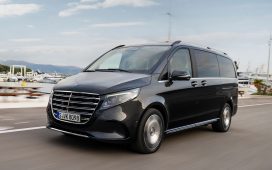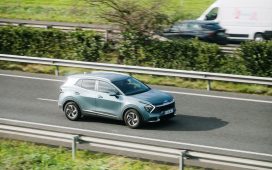Nissan and Honda have announced a significant collaboration aimed at accelerating the development and adoption of next-generation electric vehicles (EVs). This comprehensive partnership encompasses joint research, technology sharing, and potential vehicle complementarity strategies.
Deepening Strategic Partnership: A Shared Vision for the Future
Building upon the MOU signed in March 2024 to explore a strategic partnership, Nissan and Honda have now formalized a deeper collaboration. This agreement focuses on achieving a carbon-neutral and traffic accident-free future through advancements in EV technology, specifically software-defined vehicles (SDVs).
The software field, including autonomous driving, connectivity, and AI, is critical for future vehicle value and competitiveness. Both companies recognize the potential for rapid technological innovation and believe their combined resources can unlock significant synergies.
Next-Generation SDV Platform: A Cornerstone for Innovation
The centerpiece of this collaboration is the joint research and development of fundamental technologies for a next-generation SDV platform. This platform is envisioned as the foundation for intelligent future vehicles. Nissan and Honda aim to complete basic research within a year and explore the possibility of mass production based on the results.
Beyond the Platform: Key Areas of Cooperation
The strategic partnership extends beyond the SDV platform. Key areas for collaboration include:
- Batteries: The two companies will explore short-term and long-term cooperation in battery technology, including sharing specifications, mutual supply, and commonizing battery cell modules for EVs. This collaboration aims to offer a wider range of battery options, cost reductions, and volume advantages.
- e-Axles: Nissan and Honda plan to commonize e-Axle specifications over the medium to long term. This includes initially sharing core components like motors and inverters, leading to greater efficiency and cost savings.
- Mutual Vehicle Complementation: Both companies will consider supplementing each other’s vehicle offerings in specific markets and segments, leveraging their respective strengths in internal combustion engine (ICE) and EV technologies.
- Energy Services and Resource Circulation: Collaboration in Japan is also on the table, potentially encompassing areas like charging infrastructure, battery energy services, and resource recycling.
This comprehensive partnership positions Nissan and Honda at the forefront of EV innovation. By combining their expertise and resources, they aim to accelerate the development of next-generation electric vehicles, contributing to a more sustainable and technologically advanced future.










